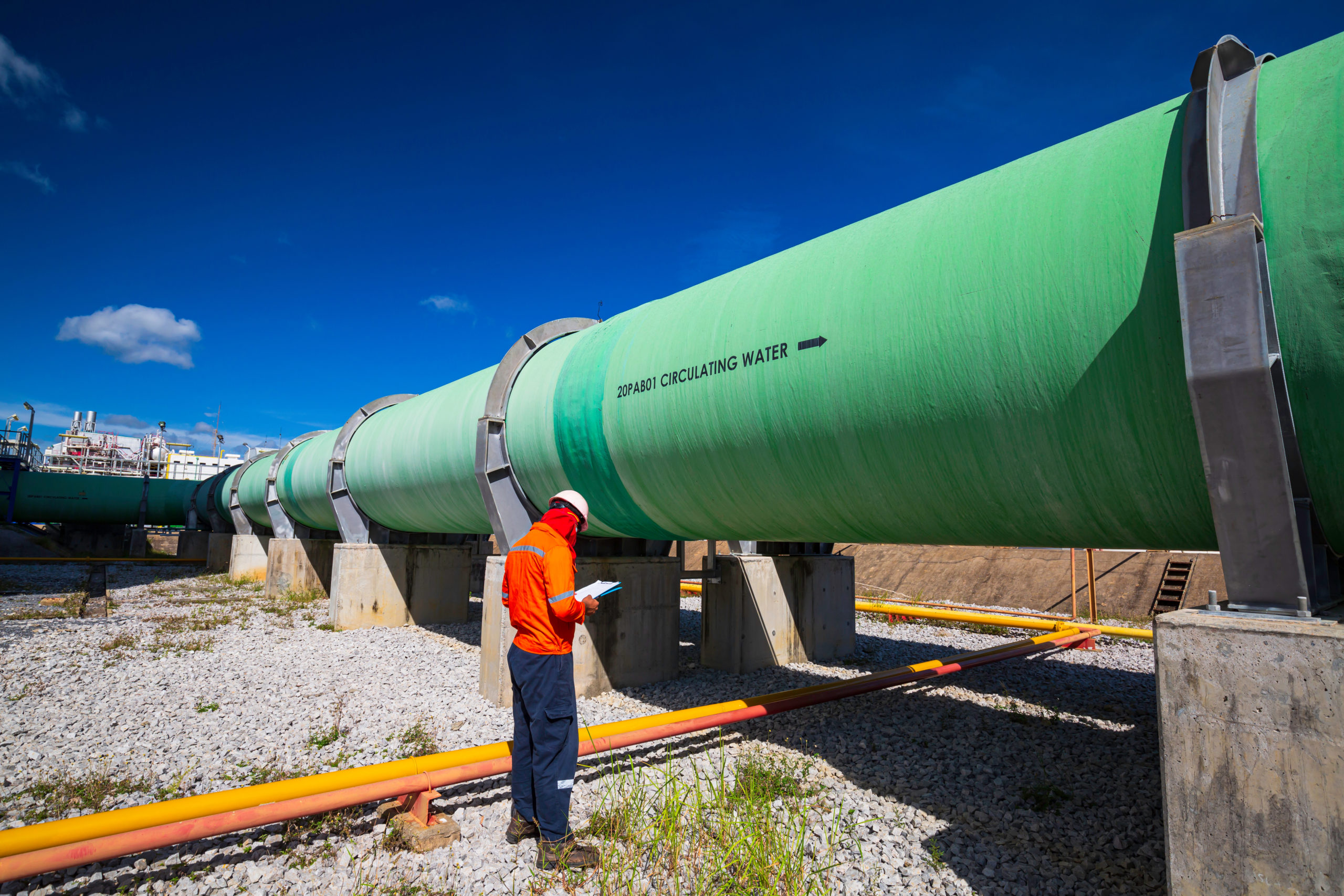The Interstate Natural Gas Association of America (INGAA) requests that this letter be included in the record for the hearing held on April 12, regarding “the effect of tariff increases on the U.S. economy and jobs.” INGAA is a trade association that advocates regulatory and legislative positions of importance to the interstate natural gas pipeline industry. Our 27 members comprise the vast majority of U.S. interstate natural gas pipeline companies. INGAA’s members operate nearly 200,000 miles of pipelines and serve as an indispensable link between natural gas producers and consumers.
On March 22, INGAA joined with seven other energy associations to file a letter with the Committee on Ways and Means expressing our concerns with the tariffs imposed on steel (and steel product) imports levied under section 232 of the Trade Expansion Act of 1962. The natural gas pipeline industry depends on the availability of steel and steel line pipe. Our steel requirements are atypical, however. Federal safety requirements and industry construction standards require steel specifications that exceed those commonly used for other products, such as automobiles and building materials. Pipeline-quality steel is a specialty product, available domestically in only limited supplies. In fact, certain steel pipe products are unavailable domestically.
Recent innovation has allowed for the unprecedented development of shale gas resources across the U.S., including in states such as Pennsylvania, Texas and Ohio. These newly accessible gas supplies have greatly reduced consumer energy costs and have given U.S. industry a competitive advantage in global markets. This has spurred the revival of U.S. industries that use natural gas as a source of energy and as feedstock (such as petrochemicals, fertilizer, glass and metals). Abundant natural gas also has changed the landscape in the electric power sector, lowering wholesale electricity prices and reducing emissions in regions such as New England and the Southeast.
The availability of pipeline-quality steel is critical to building the pipeline infrastructure necessary to realize fully the potential of this abundant, affordable domestic energy resource. The uncertainty created by the section 232 tariffs threatens to delay and perhaps even diminish the consumer welfare, job creation and economic growth benefits of our domestic energy abundance.
The following anecdotes from two INGAA member companies illustrate how the tariffs are affecting the pipeline industry:
- Company A is currently permitting a $1 billion project to serve a major utility that requires additional pipeline capacity to meet customer demand for residential and commercial natural gas service. The pipe has very exact, unique specifications not common to most projects. When the company sought bids for the material, domestic suppliers expressly told the company that they could not meet the project specifications. The pipe order was therefore placed several weeks ago with a foreign supplier. Company A expects to take delivery within the next several weeks. The announced tariffs have added significant uncertainty to the markets, and to the overall cost of the project.
- Company B is seeing a broad, negative impact from the 232 tariffs on its ability to reasonably procure steel goods for its energy infrastructure projects. The costs are immediate and across the board. For example, Company B has a current project with existing contracts for highly specialized, imported steel pipe. The new tariff boosts costs by 25 cents on every dollar spent. This dramatically changes the economics on which the deal was based and adds price uncertainty and risk that did not exist before. At the very least, it would be equitable for the Department of Commerce to grandfather such existing agreements so as not to punish energy infrastructure development already underway with assumed economics, and allow the domestic steel industry time to expand its capacity and capabilities to meet future demand.
INGAA endorses the recommendations made by the American Chemistry Council at the April 12 hearing regarding the section 232 tariffs. Specifically, the ACC recommended that the Trump Administration:
1) Make current country exemptions permanent.
2) Allow associations to make exclusion requests on behalf of members.
3) Apply product exclusions to all companies, and not company-by-company.
4) Exempt strategic U.S. allies from the tariffs, without conditions.
We urge the Committee on Ways and Means to continue its oversight of the section 232 tariffs, and to take legislative action, if necessary, to ensure the recommendations listed above. The significant cost and uncertainty created by these tariffs threaten the ability to build the pipeline infrastructure necessary to realize the full benefit of our nation’s energy abundance.
Thank you for the opportunity to submit these comments for the record.
Respectfully,
Donald F. Santa





